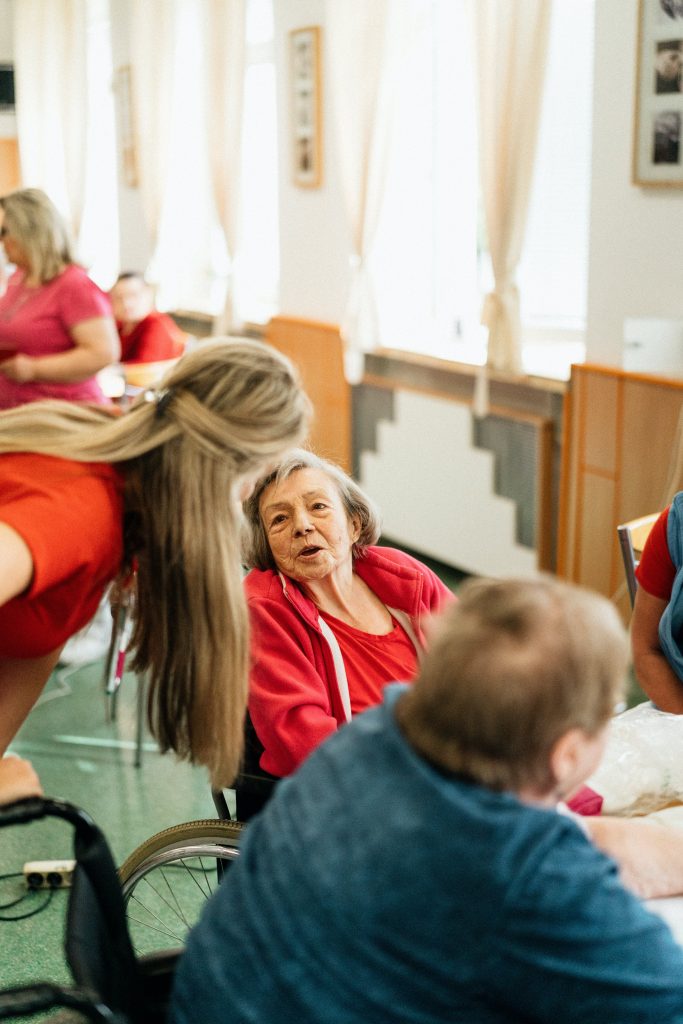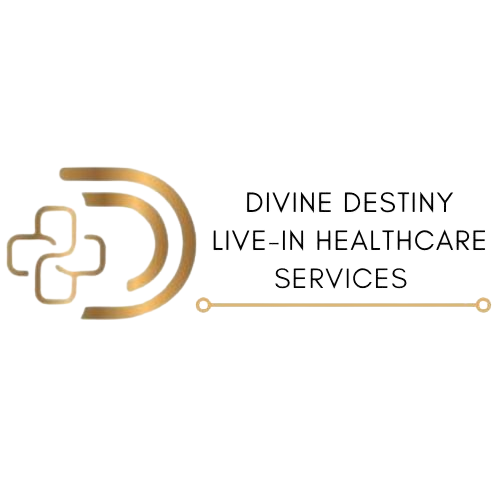Divine Destiny Live-in Healthcare
Services
The requirements for a caregiver can vary depending on the specific role, the needs of the person being cared for, and the regulations in the area where they are working. However, there are some basic requirements and skills that are important for our caregivers:
1. **Education and Training**: While formal education requirements can vary, some level of training in caregiving, first aid, and CPR is often beneficial or required. For specialized care, such as for individuals with specific medical conditions, additional training or certification may be necessary.
2. **Background Checks**: Caregivers often need to pass background checks, especially if they are working with vulnerable populations like children, the elderly, or people with disabilities.
3. **Physical Ability**: The job can be physically demanding, requiring lifting, bending, and standing for long periods. Caregivers need to be physically capable of performing these tasks.
4. **Communication Skills**: Effective communication is crucial for understanding the needs of the person being cared for and for interacting with family members and medical professionals.
5. **Patience and Compassion**: Caregiving can be challenging, and patience and compassion are essential traits for dealing with difficult situations and providing empathetic care.
6. **Problem-Solving Skills**: Caregivers often need to think quickly and solve problems as they arise, whether they are medical emergencies or everyday issues.
7. **Reliability and Trustworthiness**: Dependability is crucial, as the people they care for often rely on them for their basic needs and safety.
8. **Observation Skills**: Being observant helps in noticing changes in the individual’s condition or environment that may require attention or action.
9. **Emotional Stability**: Dealing with the stresses and emotional challenges of caregiving requires emotional resilience and stability.
10. **Organizational Skills**: Keeping track of appointments, medications, and other aspects of care requires good organizational skills.
11. **Basic Medical Knowledge**: Understanding basic medical and health care concepts is helpful, especially if the caregiver is responsible for medication management or monitoring health conditions.
12. **Legal and Ethical Understanding**: Knowledge of the legal and ethical aspects of caregiving, including privacy laws and rights of the care recipient, is important.
Join our Awesome Team
Joining our missions offers a myriad of benefits to individuals seeking meaningful and impactful experiences. Firstly, participants have the opportunity to contribute to a shared purpose, fostering a sense of fulfillment and accomplishment.

Contact us
Joining your missions offers a myriad of benefits to individuals seeking meaningful and impactful experiences. Firstly, participants have the opportunity to contribute to a shared purpose, fostering a sense of fulfillment and accomplishment.
